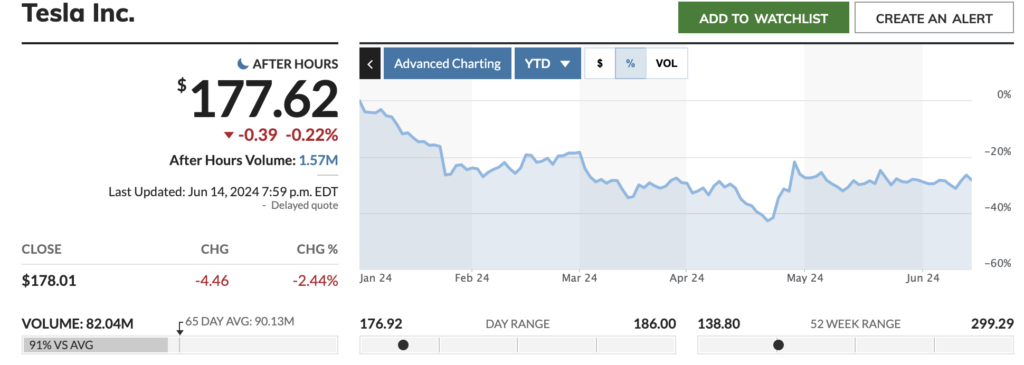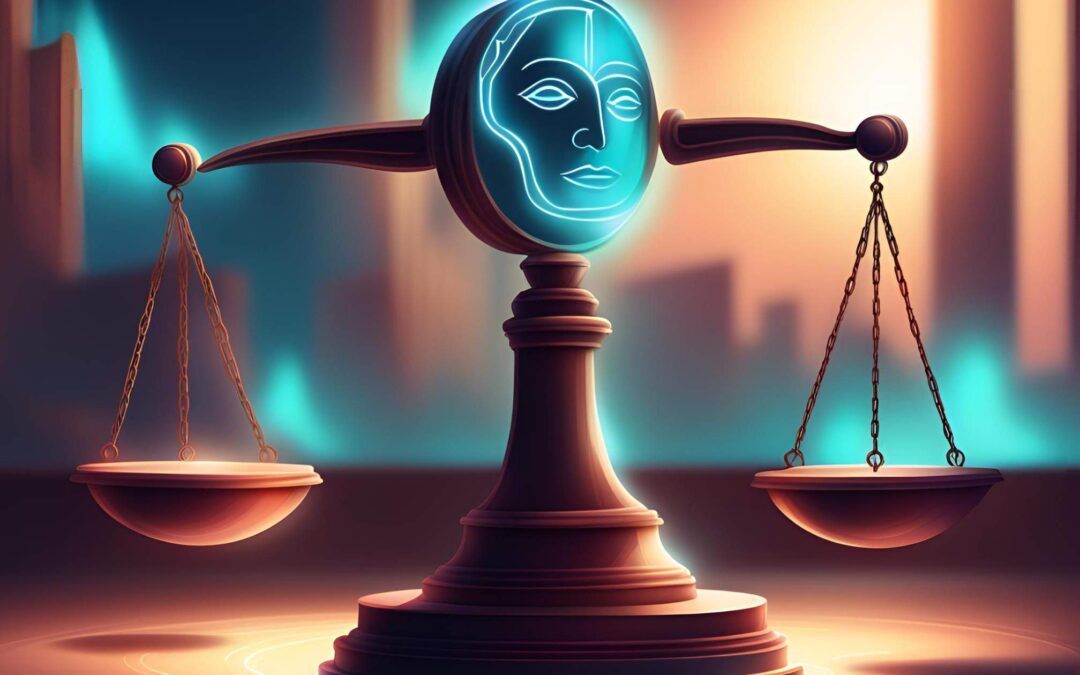Shareholders allege that Musk’s new venture, xAI, diverted crucial AI talent and resources from Tesla, accusing him of disloyalty and creating significant AI value outside the company.
On June 13, Tesla shareholders filed a lawsuit against CEO Elon Musk and the company’s board, alleging that Musk’s new startup, xAI, is competing with Tesla by taking its AI talent and resources. This lawsuit coincided with shareholders voting to reinstate Musk’s $44.9-billion pay package, which a Delaware judge had invalidated in January.
The Cleveland Bakers and Teamsters Pension Fund, along with Daniel Hazen and Michael Giampietro, filed the complaint on June 13 in Delaware’s Chancery Court, representing Tesla. They accuse Musk of diverting critical talent and resources from Tesla to xAI, and of raising billions for the startup while promoting its access to Tesla’s AI-related data.
Tesla has been promoting its AI-driven self-driving and driver assistance features for a long time. According to the lawsuit, xAI has recruited several key AI employees from Tesla, including Ethan Knight, the former leader of Tesla’s computer vision team, in March 2024.
Referring to a report from CNBC in early June, the lawsuit also claims that Musk started personally directing Nvidia to send graphics processing units (GPUs), which are crucial for AI models, to xAI and X instead of Tesla.
At the time, Musk stated on X that the GPUs “would have just sat in a warehouse” because Tesla had “no place to send them.”
“Throughout this period, Musk’s fellow directors on the Tesla board have done nothing,” the shareholders claimed. They accused the board of completely failing to fulfill its fiduciary duty to Tesla and its shareholders in light of Musk’s blatant disloyalty, allowing him to “create billions in AI-related value at a company other than Tesla.”
The lawsuit seeks the return of the “value that has been diverted from Tesla.”
Tesla Inc. (TSLA) shares have fallen over 28% this year.

Musk’s personal AI ambitions
In 2023, Elon Musk, the visionary behind Tesla, SpaceX, and Neuralink, launched Grok, an AI chatbot developed by his research firm xAI. Grok, named after a term from “The Hitchhiker’s Guide to the Galaxy,” is designed to be witty, informative, and engaging.
Grok was conceived to create an AI companion capable of meaningful conversations, insightful information, and a touch of personality. Led by former Google AI researcher Igor Musatov, the xAI team in Austin, Texas, specializes in deep learning and natural language processing (NLP).
Grok stands out from competitors like Google’s Bard and OpenAI’s ChatGPT with its engaging personality and real-time information access from X (formerly Twitter).
This allows Grok to provide immediate, relevant responses. Grok has performed well on key AI benchmarks, scoring 63.2% and 73% in human evaluation and MMLU, respectively, outperforming GPT-3.5.
Based on transformer architecture, Grok processes long text sequences to generate coherent responses. Currently in beta, Grok is accessible to X Premium users and continues to evolve with plans for algorithm refinement, capability expansion, and cross-platform integration.
Grok’s development reflects Musk’s commitment to advancing AI technology, aiming to shape the future of human-AI interaction in the conversational AI market.
xAI started over Musk’s lacking Tesla voting control, say investors
Investors claim xAI was founded due to Musk’s lack of voting control at Tesla.
They referenced Musk’s January X post, in which he expressed discomfort with expanding Tesla’s AI and robotics efforts without having about 25% voting control. “Unless that is the case, I would prefer to build products outside of Tesla,” Musk stated.
Shareholders argue that this comment indicates Musk “deliberately founded xAI to develop AI-related products outside of Tesla that he originally planned to create within the company.”
Source: Elon Musk on X
At the time of the post, Musk owned about 21% of Tesla, but Delaware’s Chancery Court annulled his 2018 compensation plan in January, reducing his ownership to 13%, according to the lawsuit. With his voting power diminished, “Musk responded by ramping up operations at xAI,” the shareholders claimed.
The June 13 shareholder vote to reinstate the 2018 pay package is expected to face a lengthy battle in Delaware’s Chancery and Supreme Courts as Tesla seeks to overturn the previous decision.
Tesla did not immediately respond to a request for comment.

